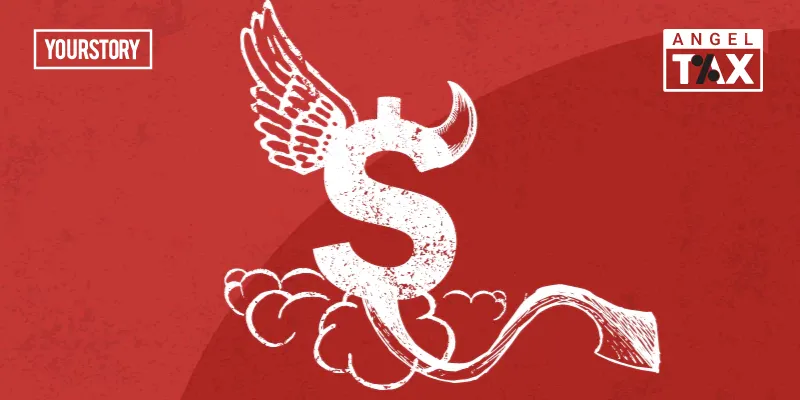Yes, the DIPP has provided a breather on angel tax assessments, but major changes are still pending
The DIPP’s latest move to simplify the issue of angel tax provides only incremental changes. There’s hope, but no solution in sight yet.

On Wednesday, the Department of Industrial Policy and Promotion announced steps to ease the process for startups seeking exemption from being slapped with ‘angel tax’ notices by the Department of Income Tax. While we welcome the move towards simplification, there is so much more that needs to be done.
The goal is not just to make the process transparent. The goal is to ensure that it does so without scaring off angel and seed-stage investors. For them, it is easy enough to look at other investment opportunities. But should that pool of funds dry up, it would kill innovation in India. And that is what we need to prevent.
So what did the DIPP do yesterday? What changed?
Let's look at the positives first.
- The big change is that startups no longer need a valuation certificate from a merchant banker specifying the fair market value of shares. So a startup approved by the DIPP (including those set up before April 2016) can apply for exemption from Section 56 (2) (vii-b), even for shares previously issued. This section allows for the share premium above the fair market valuation of shares to be recognised as ‘other income’ and taxed at a rate of 30 percent.
- The other change is that these applications for exemption can be submitted to the DIPP, which will be routed to the Central Board of Direct Taxes (CBDT). The CBDT will then accept or reject the application within 45 days. That a timeframe has been specified is a welcome move. However, grounds for rejection remain a grey area at this time. Earlier, the application had to be sent to an Inter-ministerial Board for approval, which has now been done away with.
- The third change is that investor eligibility vis-a-vis income returned in the previous year has been increased slightly. According to the Gazette notification issued yesterday, an investor should have returned income of Rs 50 lakh or more in the financial year before the investment was made. Additionally, the investor should have a net worth more than Rs 2 crore for the financial year preceding the year of investment, or “the amount of investment made/proposed to be made in the startup, whichever is higher as on the last date of the financial year preceding the year of investment/proposed investment.”
No doubt, the moves come as a relief for many startups who feared receiving notices from the Income Tax (I-T) Department. But some things haven't changed.
Angel tax: what hasn't changed after yesterday's notification
- The amendment does not apply for those years where the I-T Department has already passed an order. So, a startup that has already received assessment orders cannot apply for an exemption for those years. Nothing changes for those who have already received assessment orders on angel tax. Alok Patnia, Partner and Founder of taxation firm TaxMantra points to the silver lining when he says, “At least they (the government) are coming up with some framework. We need to see how it will work on the ground.”
- Only eligible startups approved by DIPP will get these benefits. So if a startup hasn't been approved by the DIPP, none of these rules will apply.
- The aggregate capital limit (face value + premium) to avail I-T exemptions remains Rs 10 crore. So what happens if a startup is growing rapidly (which is common enough) and is ready to get paid-up capital that is more than Rs 10 crore?
- The Assessment Officer (AO) still has to apply the same valuation norms under the current law in order to determine whether the premium is correct or not. Therefore, the contention remains as to why should the AO decide the method of valuation of a startup. A startup can choose to use the net asset value (NAV) method or the discounted cash flow (DCF) method to determine its value. But the AO can still deem the method of valuation wrong at their discretion.
As Pavan Sharma, a partner at BCL India, an accounting firm, told YourStory.
“What we needed was major surgery but what's been offered is a cosmetic change.”
Incidentally, the breather on angel tax comes exactly three years after Prime Minister Narendra Modi launched the Startup India programme to encourage the startup ecosystem and entrepreneurship.
In the past few weeks, YourStory has spoken to hundreds of influencers and entrepreneurs in the ecosystem, and they are all hoping that the government will take proactive steps to resolve the angel tax issue at the earliest. And we at YourStory are rooting for this too.
[Read an explanation of the latest notification from the DIPP on GSR 364(E) issued in April 2018]







